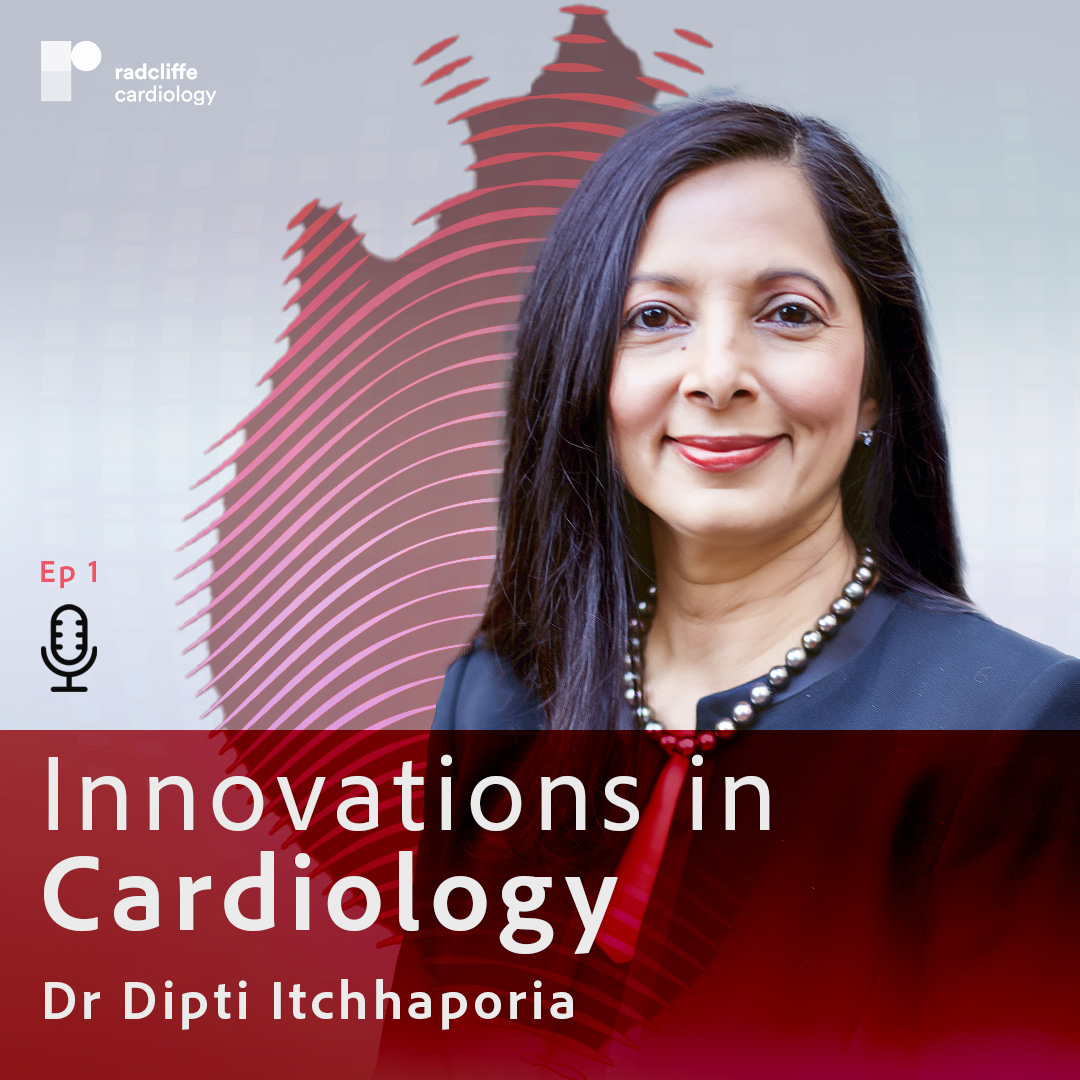
In this episode of the "Innovations in Cardiology" series, host Dr Dipti Itchhaporia welcomes two leading experts in artificial intelligence in cardiology: Dr David Ouyang from Cedars-Sinai Medical Center in Los Angeles, and Dr Francisco Lopez-Jiminez from the Mayo Clinic in Rochester, MN.
Together, they explore the role of artificial intelligence in cardiology, from diagnostics to personalized treatment strategies. Dr. Lopez-Jiminez shares insights from the AI-ECG study, delving into its clinical reception and the potential for scaling these findings across various healthcare settings. Dr. Ouyang addresses the challenges of integrating AI into clinical practice, highlighting the areas where rapid advancements are occurring. Both experts offer valuable advice to clinicians who would like to stay abreast of AI trends in healthcare, and engage in debate on whether AI will ultimately revolutionize clinical care, including the timelines for these anticipated changes.
If you have any questions or suggestions for topics to cover on the Radcliffe Podcast, please email managingeditor@ecrjournal.com.

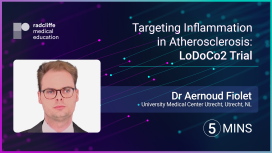
Supported by an unrestricted educational grant from NOVO NORDISK A/S.
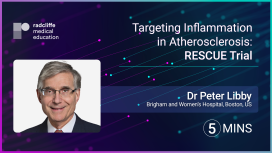
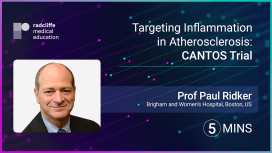
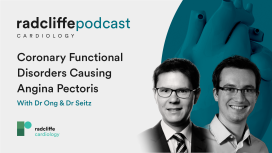
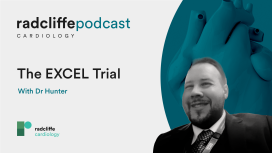
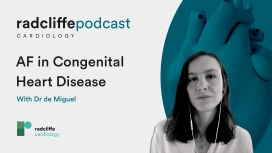
Dr Irene Martin de Miguel (Hospital General Universitario Gregorio Marañón, Madrid, Spain) joins us in this featured author episode to outline her recent review article, Atrial Fibrillation in Congenital Heart Disease. In this podcast, Dr de Miguel provides an overview of the current knowledge of AF in CHD, giving practical recommendations for your everyday practice.
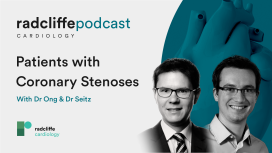
Today's episode features co-hosts Dr Peter Ong and Dr Andreas Seitz (Robert-Bosch Hospital, Stuttgart, DE) who together summarise the main results from the TARGET FFR and DEFINE-FLOW trials that were presented at TCT Connect 2020 and published recently in ECR journal, in the context of the existing literature.
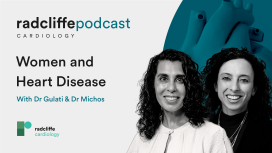
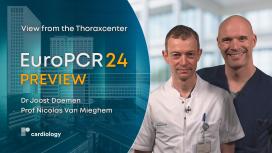
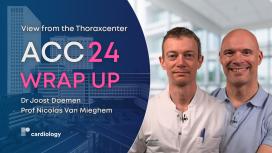
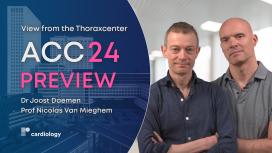
Join interventional experts, Prof Nicolas Van Mieghem and Dr Joost Daemen (Thoraxcenter, Erasmus MC, Rotterdam, NL) to learn more about this year’s key late-breaking and featured science trials that have the potential to shape practice and research.
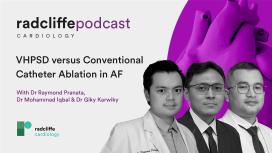
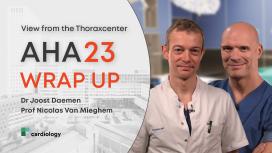
They interpret the evidence from five key trials, providing context, asking thought-provoking questions to translate the data into key take-home messages for practice and research.





